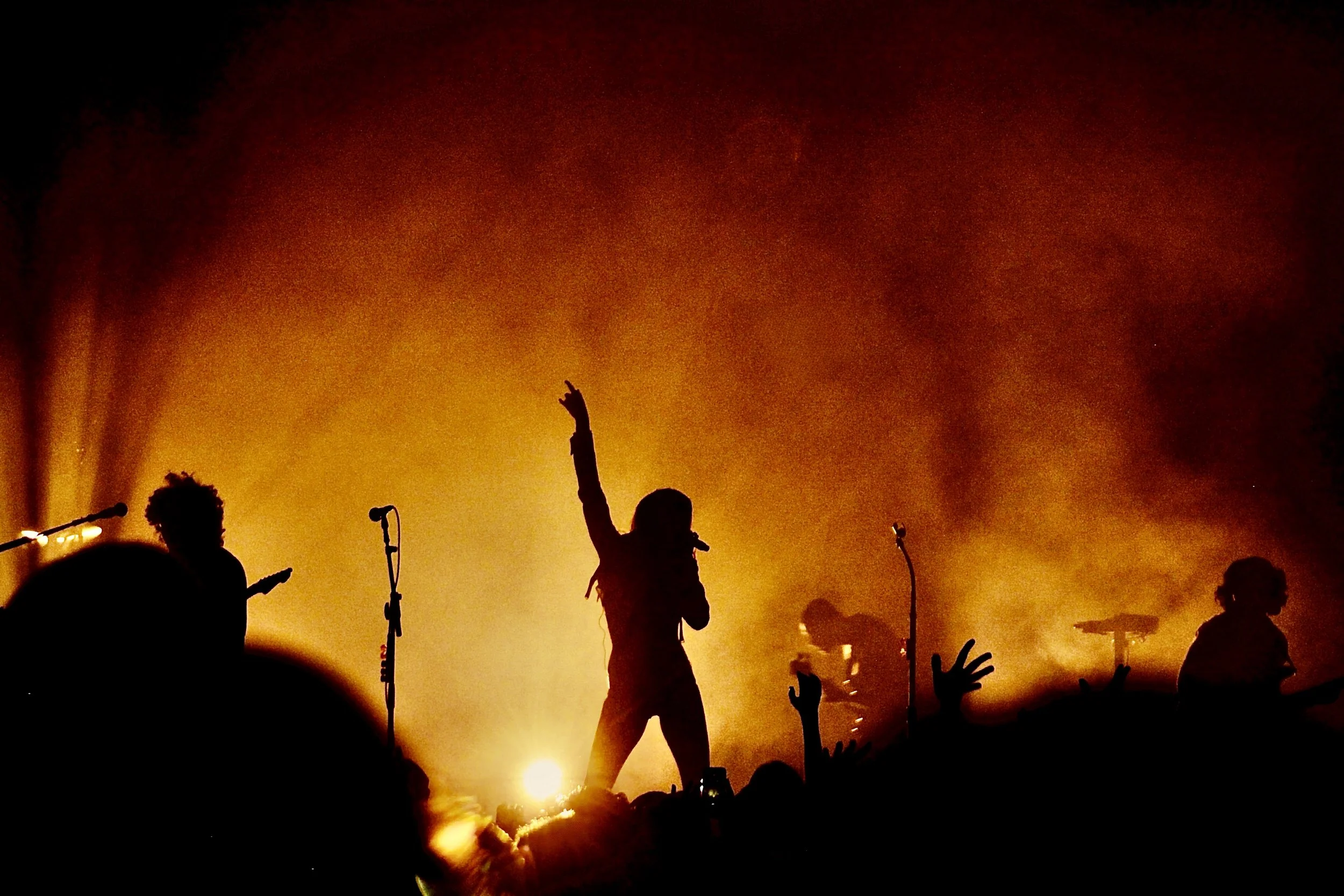creative portfolio
photography
i’ve always believed in the power of storytelling with purpose through the visual lens. it’s vital to show the authenticity and truth of the matter with intention and emotions behind the images we see. whether subjective or objective, a photo can tell a million words depending on how the human eye sees it. here is my work ranging from travel, arts and entertainment, fashion and creative direction, to photojournalism and political messaging.
graphic design
communications is vital to get the message out and reach the right person in search for their solution. through media, marketing, and most importantly the precision of design, that message can be found. here is my works for various brands and companies to share their message and my implementations to shaping their brand for their target audience.
fine arts
all of this work can’t be done without knowledge of the hands on craft. as a fine arts minor, i learned to see the world in a way i’ve never noticed before. the little things that make the big picture. the plastic fork created with an entire reason and history behind it. the motif found within the mountain’s dirt roads. everything can be something if we take a moment to notice and appreciate. here is some of my work that helped develop my creative thinking.
THANKS FOR STOPPING BY!
portfolio
creative
rebecca newman
